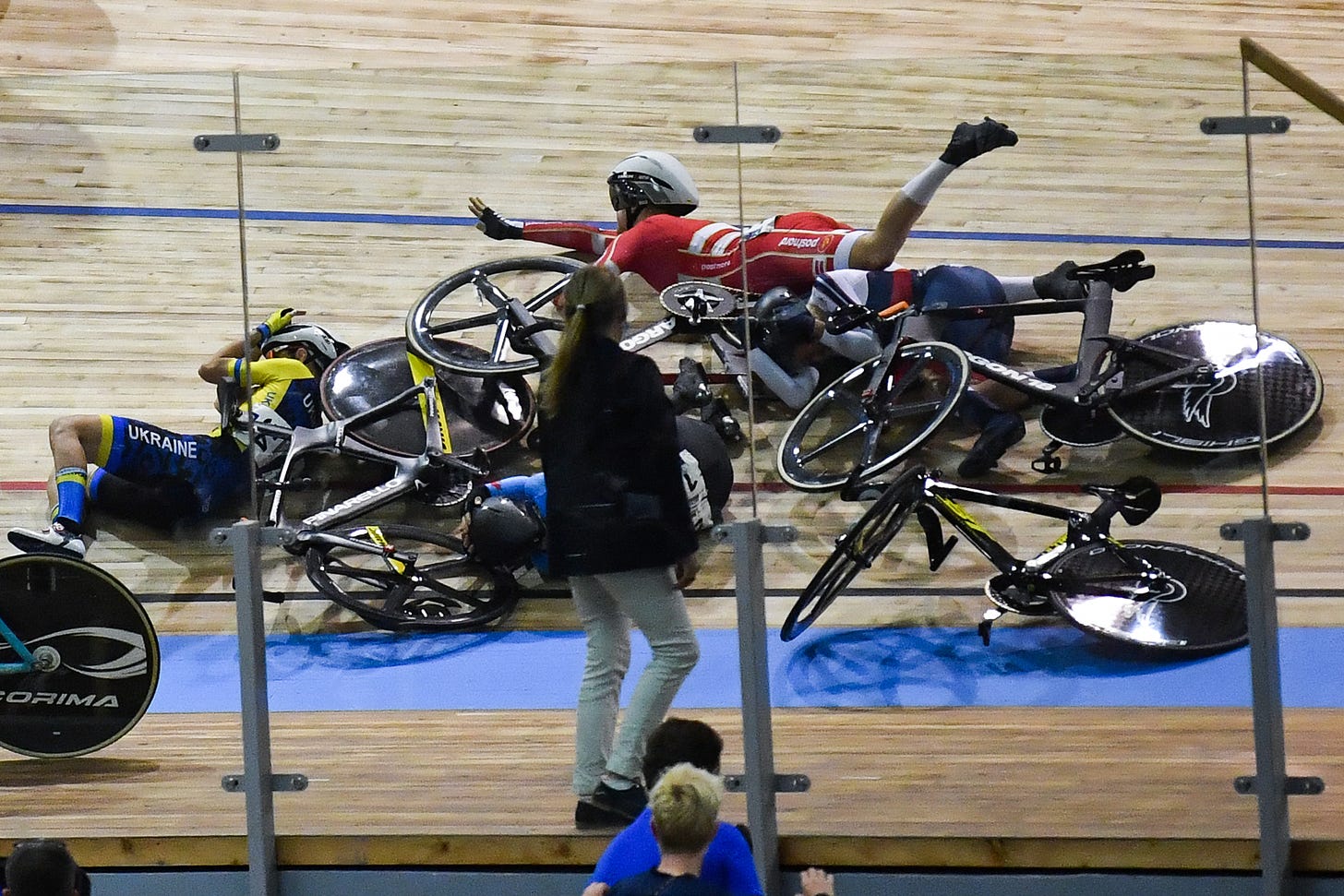Cycling NZ: Time to tear it down and start again
Recent reporting highlights a desperately ill-equipped sporting organisation. PLUS: Black Caps DRS madness nullifies Southee magic.

WARNING: THE BELOW CONTENT HAS REFERENCES TO SUICIDE.
If ever there was a sporting organisation ripe for tearing down and beginning again from scratch, it is Cycling New Zealand.
Not a change of CEO, high-performance director or board chairman; an …
Keep reading with a 7-day free trial
Subscribe to The Bounce to keep reading this post and get 7 days of free access to the full post archives.



